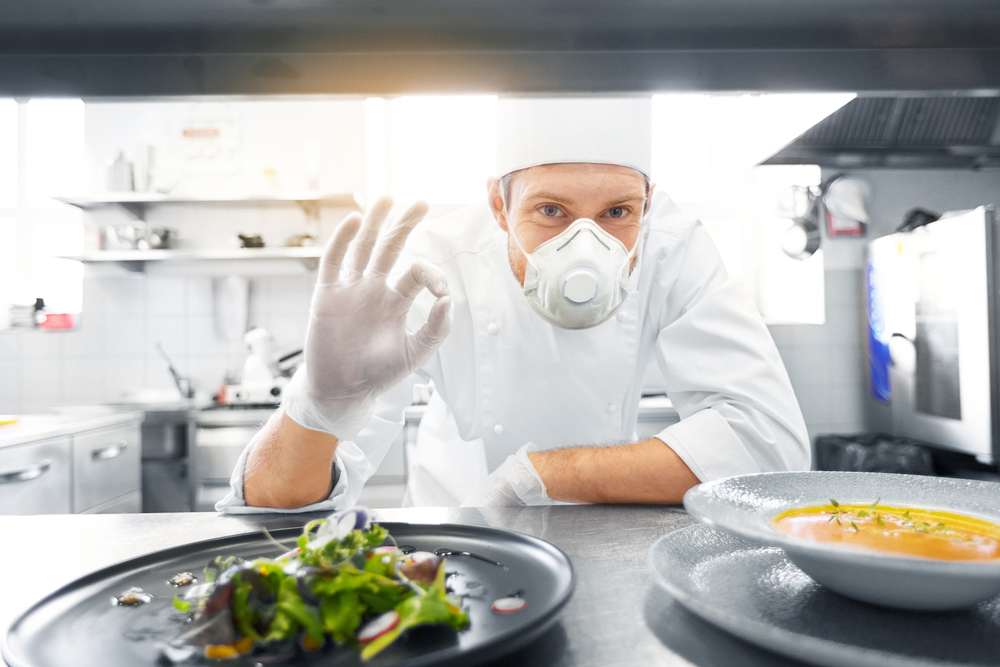Food safety in restaurants is a top priority in the industry, and emerging technologies like blockchain are stepping up to the plate to ensure the integrity of the food supply chain. In this blog post, we’ll explore how blockchain technology revolutionizes food safety in restaurants.
The Trust and Transparency Challenge
Foodborne illnesses and contamination incidents are major concerns for both consumers and the restaurant industry. Trust and transparency in the food supply chain are essential. This is where blockchain, with its inherent features of transparency and traceability, comes into play.
How Blockchain Works in Food Safety
Blockchain creates a decentralized and immutable ledger of transactions. Each step in the food supply chain, from farm to fork, is recorded as a “block” of data. This includes information about the origin of ingredients, processing methods, and transportation details. Once recorded, this data cannot be altered without all parties’ consensus.
Traceability and Quick Recall
In a food safety issue, blockchain technology allows for swift traceability. Within seconds, authorities can identify the source of contamination and track where affected products have been distributed. This enables targeted recalls, reducing waste and protecting consumers.
Enhancing Trust with Customers
Blockchain also fosters trust between restaurants and consumers. Diners increasingly want to know where their food comes from, and blockchain provides a transparent view of the entire supply chain. By scanning a QR code, customers can access information about the ingredients’ origin, processing, and safety in their meals.
Reducing Fraud and Counterfeiting
Counterfeit or mislabeled food products can pose serious health risks. Blockchain’s immutable records make it exceptionally difficult for fraudulent products to enter the supply chain undetected. This protects both consumers and restaurants from potentially harmful fakes.
Compliance and Efficiency
Blockchain can streamline compliance with food safety regulations. Automated smart contracts can trigger alerts and actions if specific conditions are not met, ensuring that restaurants adhere to safety standards consistently.
The Future of Food Safety in Restaurants
Blockchain is poised to become a cornerstone of food safety in the restaurant industry. Its ability to provide transparency, traceability, and swift response to contamination incidents is revolutionizing how restaurants manage food safety. As diners become more conscious of their food, blockchain ensures that restaurants can meet the demand for trust and accountability in the food supply chain.

